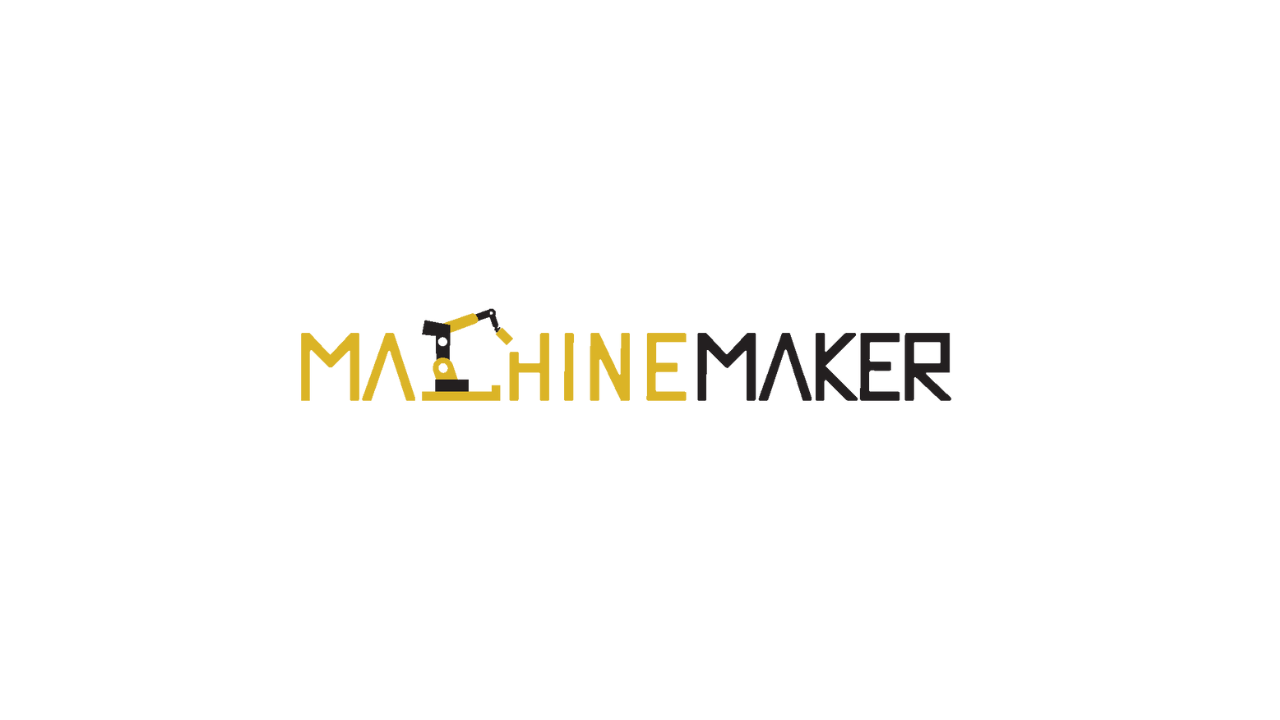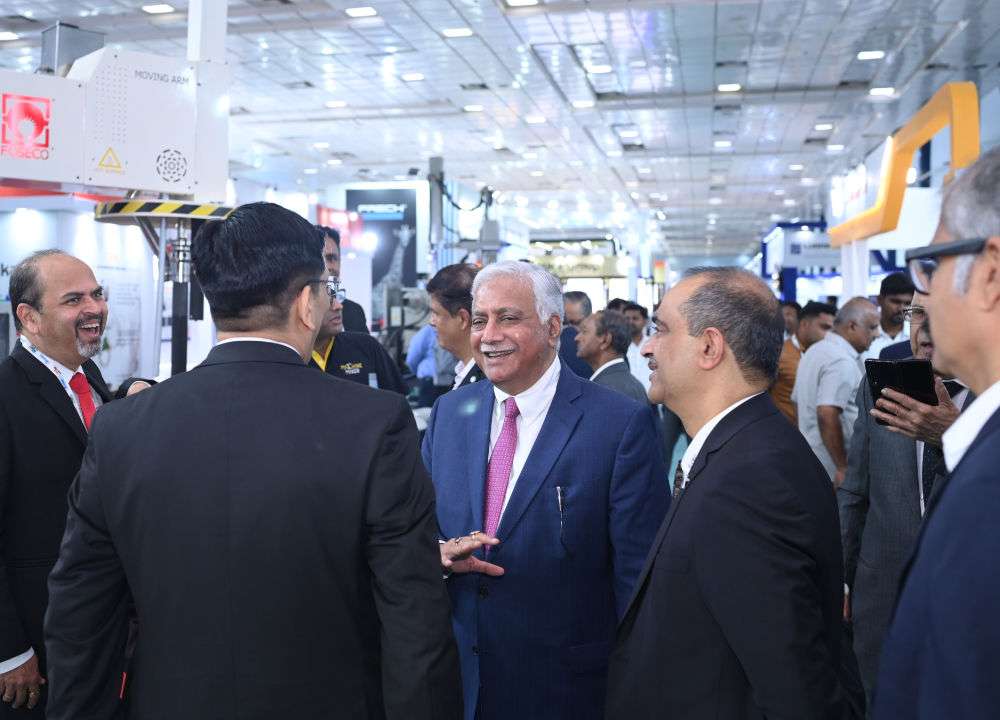NGK INSULATORS, LTD. (referred to as “NGK”) has announced the commencement of commercial operations for an NAS® battery system delivered to BASF’s Schwarzheide site in Germany. The NAS battery system was procured through BASF Stationary Energy Storage GmbH (known as “BSES”), a subsidiary of the German chemical manufacturer BASF SE, headquartered in Ludwigshafen, Germany. The delivered NAS battery system comprises one set of four container-type units connected in series, with a maximum output of 1,000 kW and a capacity of 5,800 kWh.
These batteries are set to be utilized alongside a solar power generation system at BASF’s Schwarzheide site, with the goal of increasing the site’s reliance on renewable energy. This marks the first initiative of its kind at a BASF production site. The batteries are also intended for use in power markets such as intraday trading and control power. The decision to incorporate NAS batteries was made based on their impressive characteristics. These batteries offer a large capacity and the ability to discharge electricity over extended periods, making them ideal for peak shifting the electricity generated by the site’s solar power system.
They are known for their high reliability and have received certification and a test report from UL Solutions, a leading global independent safety science company. This project at BASF’s Schwarzheide site marks the second installation of an NAS battery system for BASF, following a previous project in 2021 at its Antwerp site in Belgium. BASF has been actively working to reduce CO2 emissions as part of its climate change mitigation efforts. The company has been focused on increasing the use of renewable energy at its production sites, aiming to reduce CO2 emissions by 25% from 2018 levels by 2030 and achieve net-zero emissions by 2050.
The deployment of the NAS battery system at BASF in Schwarzheide will enable the electricity stored in the NAS batteries during periods of surplus solar energy to be discharged during times when solar energy production is lower. This will allow renewable energy to be utilized in manufacturing processes at the Schwarzheide site for nearly 24 hours a day. In 2019, NGK and BSES entered into a sales partnership agreement to promote NAS battery sales. They have expanded their sales through BASF’s global network.
NAS batteries find applications in various fields, including stabilizing renewable energy, balancing electric power demand and supply, and serving as emergency power sources. These batteries have been installed in over 250 locations worldwide, with a proven operational track record exceeding 20 years. NGK plans to continue collaborating with BSES to enhance marketing and sales efforts for NAS batteries, aiming to facilitate the adoption of renewable energy and achieve global carbon neutrality.
BASF is dedicated to fostering a sustainable future through innovative chemistry. The company combines financial success with a commitment to environmental stewardship and social accountability. With a workforce of approximately 110,000 employees worldwide, BASF serves customers across a wide range of industries and geographies. Its business portfolio is structured into six key segments: Chemicals, Materials, Industrial Solutions, Surface Technologies, Nutrition & Care, and Agricultural Solutions.
In 2022, BASF achieved sales of approximately €87 billion. The company’s shares are listed on the Frankfurt stock exchange (BAS) and traded as American Depositary Receipts (BASFY) in the United States. BASF Stationary Energy Storage GmbH (BSES) operates as a fully-owned subsidiary of BASF SE. The company specializes in the distribution of NAS batteries and collaborates with NGK Insulators Ltd. in the joint development of advanced sodium-sulfur battery technologies. NGK was the first in the world to practically implement NAS batteries, which are megawatt-class large-capacity storage batteries.
These batteries are characterized by their large capacity, high energy density (compact size), and long lifespan. They can provide a stable supply of electric power with a high output over extended periods. With installations at over 250 locations globally, they boast a total output exceeding 720,000 kW (720 MW) and a total capacity of approximately 5.0 million kWh (5,000 MWh). NAS batteries serve various purposes, including peak cutting through load balancing, emergency power supply, and stabilization of renewable energy, contributing significantly to reducing environmental impact and achieving carbon neutrality.
These batteries have obtained certification based on the UL 1973 safety standard for stationary storage batteries (at the cell and module levels) and a test report based on the UL 9540A standard* for verifying fire risk in batteries and storage battery systems. This certification confirms compliance with evaluation criteria (at the cell, module, and installation levels) through the evaluation program of UL Solutions, a global independent safety science company.








